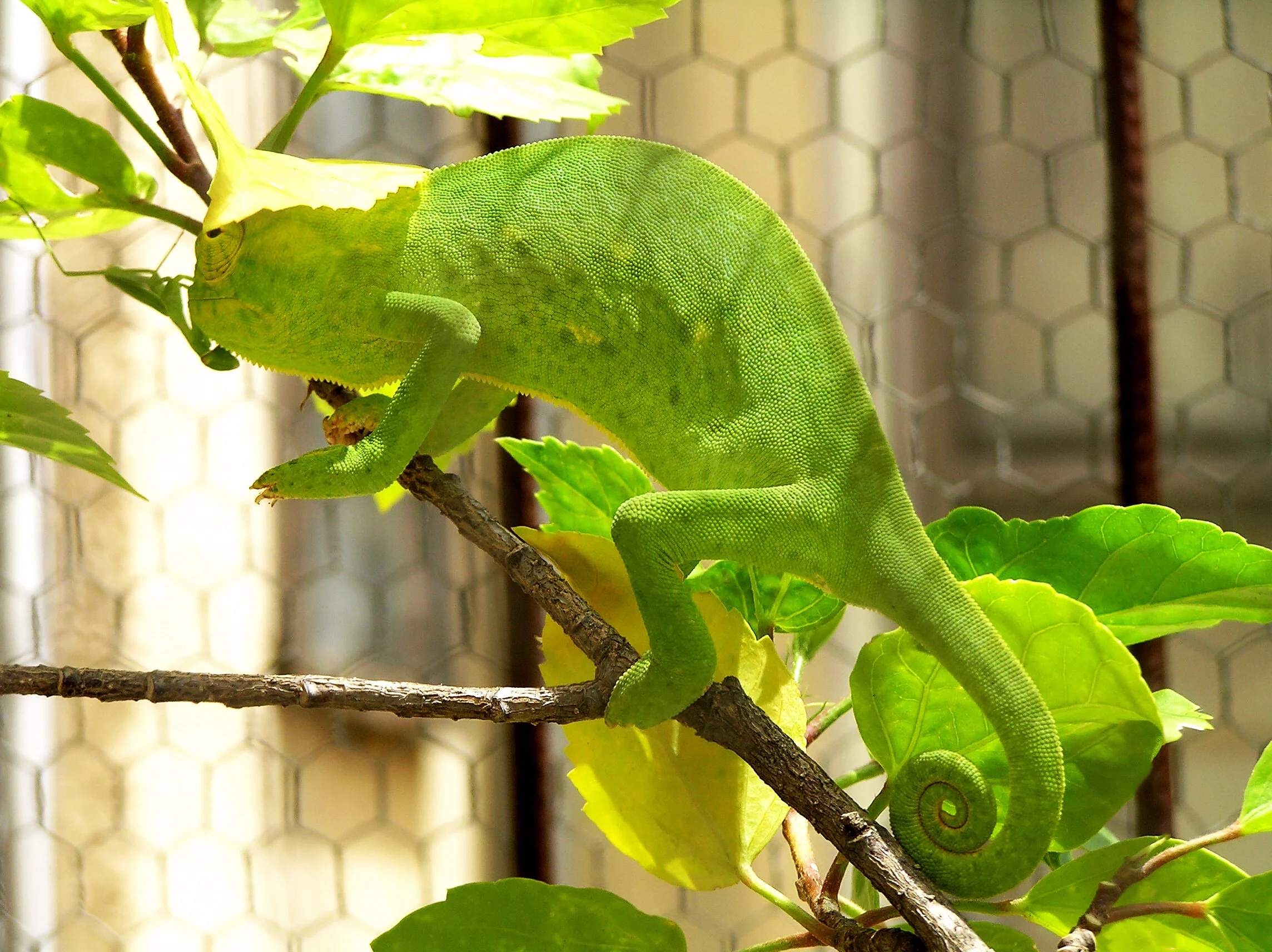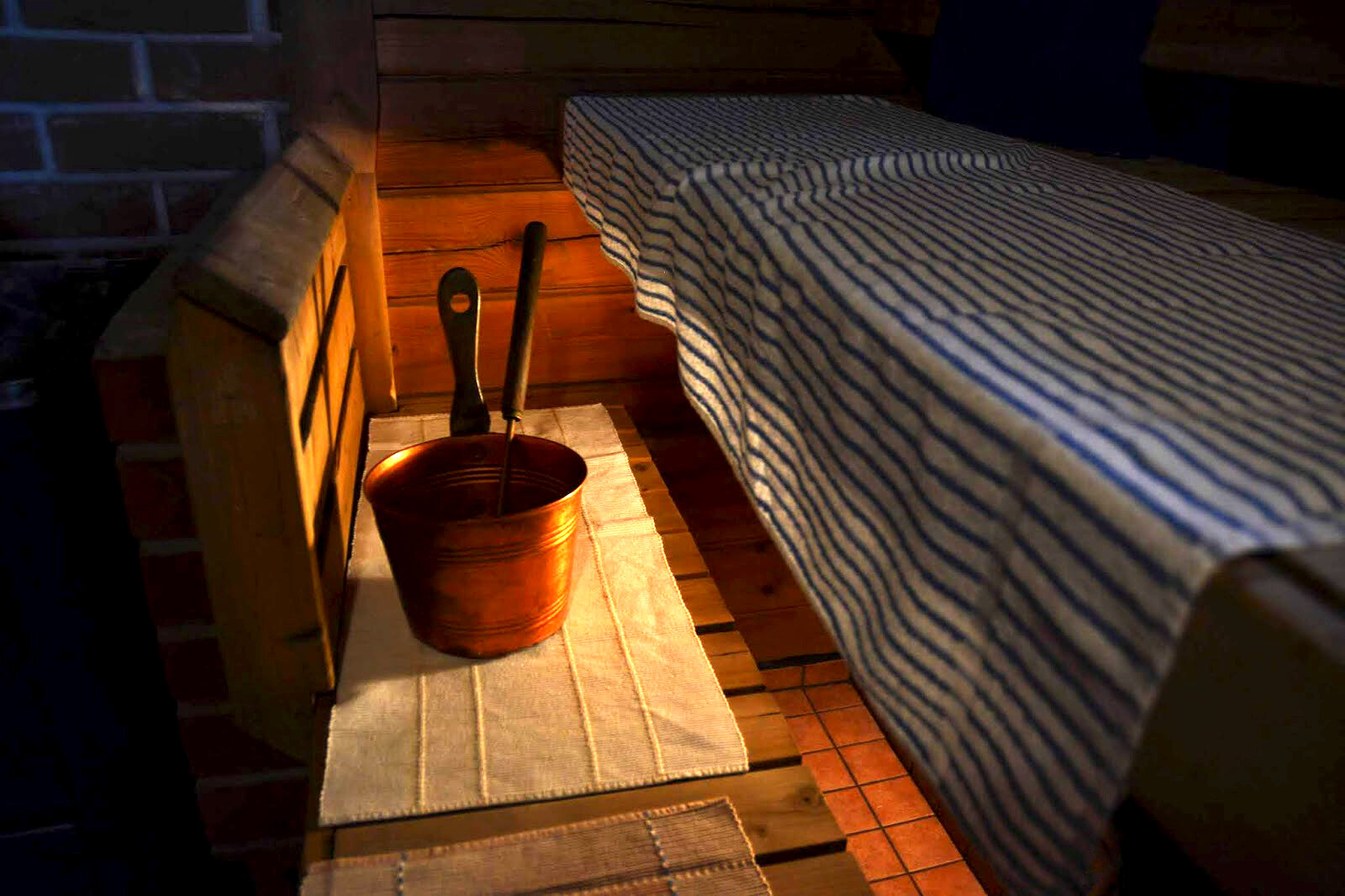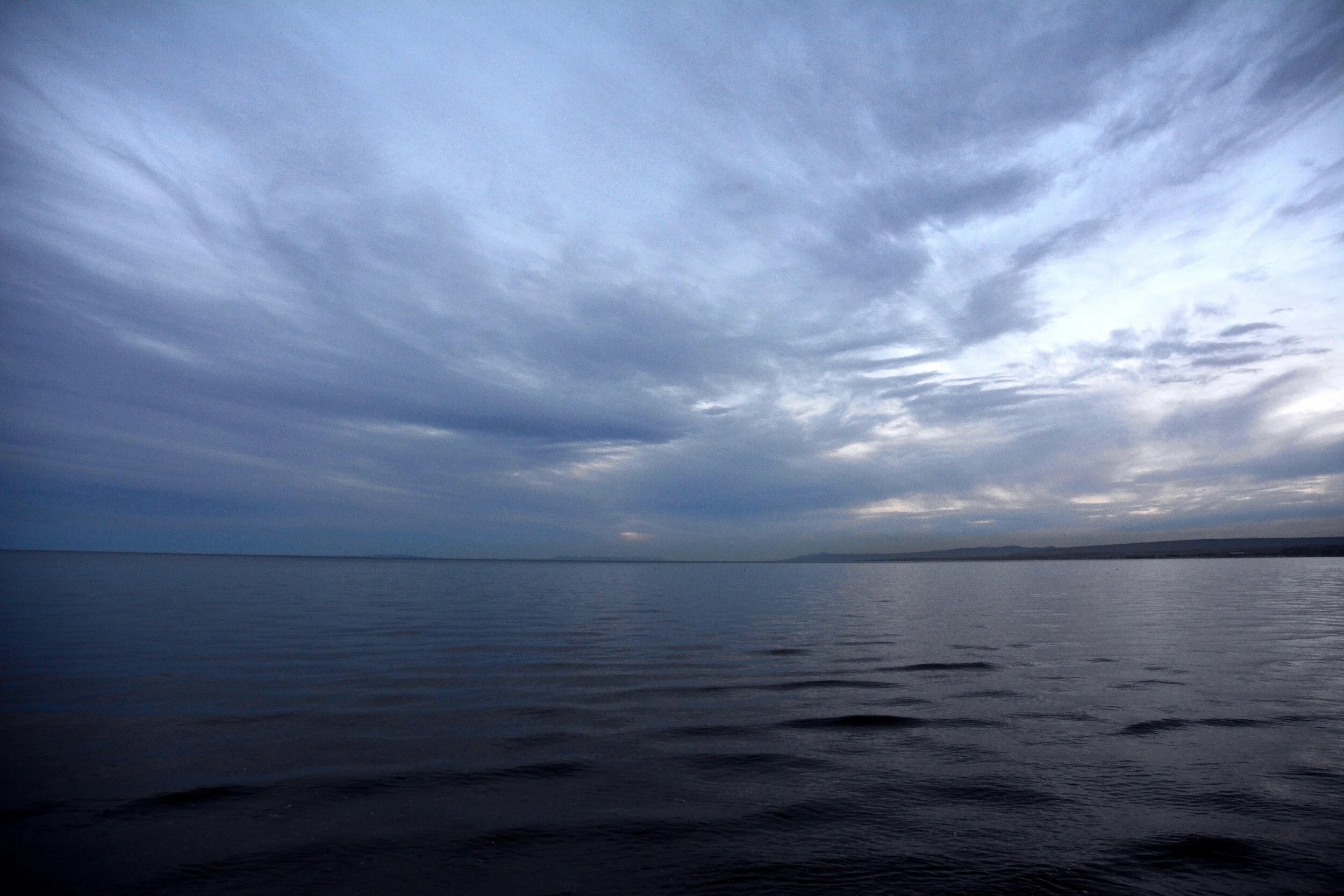Normally, a kilo of cocaine travels through the U.S. under layers of disguise. It is wrapped in a layer of plastic, smeared with a layer of mayonnaise and coffee grounds, then sealed in another airtight layer of plastic. On the side of the highway near Waco, Texas, Julio sat calmly in his car as the dogs searched the trunk, certain they would never pick up the scent. Then the officer reappeared at his window, package in hand.
“It’s been a long road.” Julio shakes his head, sitting in the conference room of Mission Lazarus. “But God has helped me a lot.”
He has short, salt-and-pepper hair and a pained smile. Now as he drives into the mountains around San Marcos to preach every day, he reflects on everything that happened since he first left Honduras and was forced to come back.
At 20, he and a friend crossed Mexico under a train. They climbed onto the brake cylinders—just wide enough to straddle—with no food or water and no idea how long the journey would last. The train didn’t stop for 48 hours. When Julio finally slid down again, his legs gave out, and it was several moments before he could limp to a nearby convenience store. The woman behind the counter stared in horror.
“What?” he asked.
“Mugre,” she pointed. He borrowed a bar of soap and washed the thick, brown layer of grime off his skin at a nearby river.
During the next leg to Mexico City, migrants openly rode on every available surface of the train, and he and his friend found a platform between two cars where they could sit. He grabbed rope to lash himself to the train for security, but his friend didn’t. Having fallen asleep, Julio woke up to find his friend gone. “I looked all over the train for him. I asked everyone. But I never heard anything about him again. I’m sure he fell and died.”
After reaching the U.S., he found work in roofing. Six months into his first job, he took a wrong step and fell two stories, breaking his spine. His coworkers, who were also undocumented, gathered their gear, abandoned the site, and left him in a coma. He woke up in a hospital, thinking he had hit rock bottom.
Miraculously, he healed and decided to go back to work roofing, but he made sure to find a company that required harnesses. He also found a wife and started a family. Thrilled to be making $800 per week, he thought his dream had come true. Ever since his father left when he was 7 and he watched his mother struggle to feed their family, his desire had been steady work.
One day, a coworker approached asking for a favor. He sensed the coworker was involved with drugs but thought nothing of it. One thing led to another, and before he knew it, he was transporting drugs for a cartel. Twice a month he would make $10,000 delivering a package. “Eventually I wasn’t doing it for the money. I was doing it for the drugs,” he says. When his wife and children left him, he plunged further into addiction.
He agreed to make the run through Texas, not knowing that his boss had tipped off the police. Waco is a notorious bottleneck that drug traffickers have to circumvent increasingly creatively. The cartel had decided to sacrifice Julio. “As they stopped me with four kilos, another hundred went by on the highway.”
The night he got to prison, Julio fell on his knees and begged for forgiveness. “I needed that time. God gave me that time to set me free from drugs. Before that I always went to church, but I even used drugs at church.” Facing 15-45 years for five felonies including drug and arms trafficking, Julio dreamed that God told him he would spend only 22 months incarcerated. “I said, ‘Really?’ But I felt this indescribable peace.”
At the sentencing, the judge, one of the strictest in Waco, surprised everyone by setting his punishment at 8 years. His lawyer urged Julio to accept. When Julio explained the dream, the lawyer, an American who spoke perfect Spanish, said, “Look I’m a Christian too, but you’re facing decades in jail. You have to take this.”
When Julio stood up, the judge asked if he agreed to the sentencing. Julio said, “No. God says what will happen. You don’t say what will happen.”
Stunned, the judge listened to the prosecutors who rushed forward to whisper with him, his face slowly turning red. When they returned to their seats, he turned to Julio again. “In twelve years dealing with narcotraffickers, this is the first time that prosecutors have asked me to give such a steep reduction. Julio Cesar Palma is hereby sentenced to 22 months, followed by deportation.”
The second he pounded the gavel, Julio felt a rush of cleansing water run over him. He turned to his lawyer and smiled, “God always has the last word.”
During the remainder of his sentence, his cellmates noticed that he kept himself apart and seemed to look beyond the walls. Eventually they said, “You’re always studying that Bible. You might as well teach us what you’re learning.” So they made him their preacher.
“The one who has been forgiven much, loves much,” he says. “The Lord saved me from drugs. The Lord saved me from prison. The Lord healed my spine. The Lord gave me my family. A new family here in Honduras. My wife and my son. God has been too good to me.”



























